Sher-e-Bangla Agricultural University (SAU) is a key agricultural university in Bangladesh, located in Sher-e-Bangla Nagar, the capital of Dhaka. The university is named after Sheikh Lutfar Rahman, the father of Sheikh Mujibur Rahman, the leader of the Bangladesh independence movement. Here are some detailed information about SAU:
Overview
Founding time: SAU's predecessor was Bangladesh Agricultural University, established in 1974, and later officially changed its name to Sheikh Bangla Agricultural University in 1994.
Nature of school: Public university
School vision: SAU is committed to cultivating professionals who can contribute to agricultural science and related fields through high-quality education and research, and promoting the sustainable development of agriculture.
Campus
SAU is located in Sheikh Bangla Nagar, Dhaka, with a beautiful campus environment and green trees. The campus is equipped with teaching buildings, laboratories, libraries, student dormitories, canteens and sports facilities, providing students with a good learning and living environment.
Number of students
SAU has a large number of undergraduate and graduate students. The school's faculty consists of a group of professors with deep professional knowledge and rich teaching experience in agricultural science and related fields.
Educational philosophy
SAU emphasizes the teaching method of combining theory with practice, and focuses on cultivating students' practical operation ability and problem-solving ability. The school encourages students to participate in field research, internships and social service projects so that they can better understand and respond to real agricultural challenges.
Disciplines and departments
SAU offers a number of undergraduate and graduate courses related to agricultural science and related fields. The main departments include but are not limited to:
College of Agriculture
Agronomy
Horticulture
Soil Science
Plant Pathology
Entomology
Agricultural Economics
Agricultural Extension and Rural Development
College of Veterinary Medicine
Veterinary Science
College of Fisheries and Marine Resources Technology
Fisheries and Marine Resources Technology
College of Food Science and Technology
Food Science and Technology
College of Forestry and Environmental Sciences
Forestry Science
Environmental Science
College of Biological Sciences and Technology
Biotechnology
Microbiology
College of Engineering Technology
Agricultural Engineering
Hydraulic Engineering
College of Humanities and Social Sciences
English
Bengali
Social Sciences
Research and Innovation
SAU is very active in agricultural science research, especially in the fields of crop improvement, soil management, animal health, food safety, and climate change adaptation. The school has several research centers and laboratories to support interdisciplinary research collaborations and work closely with industry partners to promote the application of research results.
Social Impact and Contribution
SAU is not only committed to academic education, but also actively participates in community service and agricultural extension projects. The school helps farmers adopt new technologies and best practices to improve agricultural production efficiency and sustainability by organizing seminars, training courses and consulting services.
International Cooperation
SAU has established cooperative relationships with higher education institutions in many countries and regions, including student exchange programs, joint research programs, and international conferences, to promote international academic exchanges and cooperation.
Graduation Prospects and Employment
SAU graduates are favored in the job market for their solid professional knowledge and practical ability. Many alumni have found career development opportunities in government departments, research institutions, agricultural enterprises, non-governmental organizations and other fields.
-

Hajee Mohammad Danesh Science & Technology University
-

Bangabandhu Sheikh Mujib Medical University
-
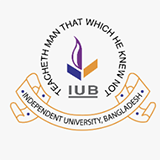
Independent University, Bangladesh
-
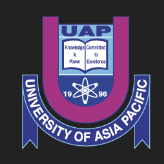
The University of Asia Pacific
-

Sher-e-Bangla Agricultural University
-

International Islamic University, Chittagong
-
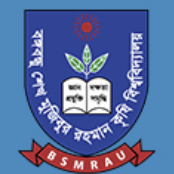
Bangabandhu Sheikh Mujibur Rahman Agricultural University
-

Presidency University
-
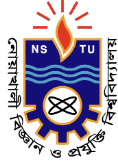
Noakhali Science and Technology University
-
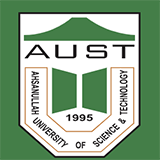
Ahsanullah University of Science and Technology
-

Mesoamerican University
-

Istmo University
-

Mariano Galvez University of Guatemala
-

Regional University of Guatemala
-

Galileo University
-

Francisco Marroquín University
-

Rafael Landívar University
-

University of the Valley of Guatemala
-

University of San Carlos of Guatemala
-

Technological Institute of Tlaxcala Plateau
-

Golfo University
-

Technological University of South Sonora
-

Technological University of Huejotzingo
-

Tizimín Institute of Technology
-

Chilpancingo Institute of Technology
